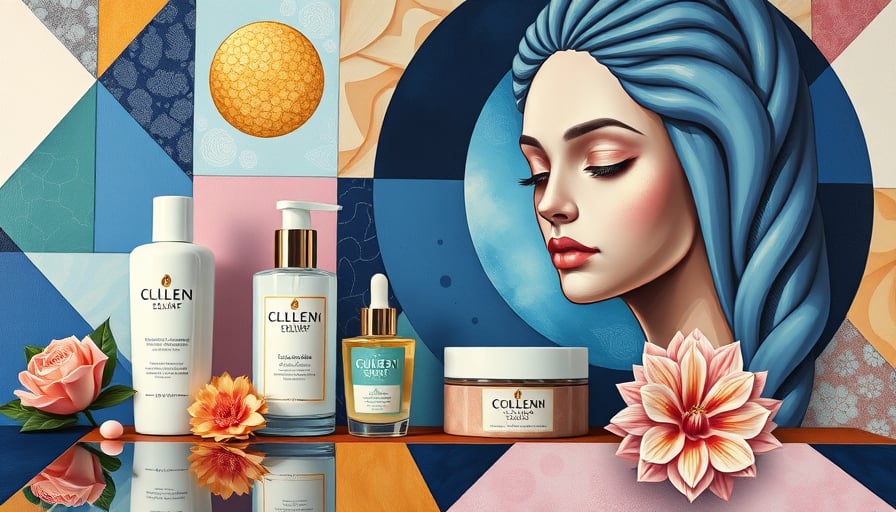Corporate News Analysis: L’Oréal’s €4 billion Acquisition of Kering’s Beauty Business
L’Oréal S.A., the French cosmetics giant, has announced the purchase of Kering’s beauty portfolio for an estimated €4 billion. The transaction, which grants L’Oréal long‑term rights to Creed fragrance and other beauty assets under Kering’s labels for 50 years, represents a significant strategic shift for both firms and offers a compelling case study in cross‑sector consolidation, debt management, and portfolio optimization.
Strategic Context for Kering
Kering, under the newly appointed chief executive officer Luca de Meo, has adopted a pronounced focus on its core fashion brands, notably Gucci, Saint Laurent, and Balenciaga. The divestiture of its beauty unit is widely interpreted as an “U‑turn” in Kering’s strategy, aimed at reducing leverage and streamlining operations around high‑margin luxury apparel. By off‑loading a non‑core segment that historically generated a lower return on assets, Kering is positioning itself for greater fiscal discipline and a sharper competitive stance in the luxury fashion market.
L’Oréal’s Portfolio Expansion
For L’Oréal, the acquisition fills a noticeable gap in its fragrance division. Creed, a heritage brand with a strong premium positioning, provides access to an affluent consumer base that has traditionally been underserved by L’Oréal’s mainstream product lines. The 50‑year license agreement secures a long‑term revenue stream and enhances the company’s ability to compete with other premium fragrance houses such as Estée Lauder and Coty.
Moreover, the deal augments L’Oréal’s global scale, reinforcing its distribution network across North America, Asia, and emerging markets. By integrating Creed’s established supply chain and retail relationships, L’Oréal can accelerate product launches and reduce time‑to‑market for new fragrance concepts.
Market Reaction and Financial Implications
Following the announcement, L’Oréal’s shares experienced a modest uptick, reflecting investor optimism about the potential synergies and expanded market share. While the premium paid for the beauty assets is substantial, analysts anticipate that the transaction will deliver incremental earnings growth through cross‑selling and cost efficiencies. L’Oréal’s cash‑flow position remains robust, with a strong balance sheet that supports the acquisition without compromising liquidity.
Kering’s financial outlook is expected to improve as the debt burden associated with its beauty business is relieved. The divestiture aligns with broader industry trends where conglomerates are shedding non‑strategic units to sharpen focus and enhance profitability.
Cross‑Sector Dynamics and Broader Economic Trends
The transaction underscores a growing convergence between fashion and beauty sectors, both driven by evolving consumer preferences toward holistic lifestyle brands. Companies that can seamlessly integrate apparel, fragrance, and cosmetics are better positioned to capture customer loyalty across multiple touchpoints.
On an economic level, the deal reflects a broader pattern of consolidation amid heightened market volatility and inflationary pressures. Firms are seeking scale, diversification, and asset optimization to navigate supply‑chain disruptions and fluctuating commodity costs. L’Oréal’s expansion into premium fragrance also taps into the resilience of high‑margin luxury goods, which have historically weathered economic downturns more effectively than mass‑market segments.
Competitive Positioning
L’Oréal’s acquisition strengthens its competitive stance against rivals such as Unilever and Procter & Gamble by broadening its luxury offering. The addition of Creed enhances brand equity and allows L’Oréal to leverage its existing R&D capabilities to innovate within the fragrance space. The transaction also provides a platform for potential future acquisitions of niche beauty brands, reinforcing a strategy of incremental growth through selective portfolio augmentation.
Conclusion
The €4 billion purchase of Kering’s beauty business by L’Oréal represents a pivotal moment in the cosmetics and luxury fashion industries. It exemplifies how strategic divestitures and targeted acquisitions can reshape corporate trajectories, optimize balance sheets, and expand market reach. By integrating Creed’s premium fragrance portfolio, L’Oréal is poised to enhance its product offering, capitalize on cross‑selling opportunities, and reinforce its position as a global leader in beauty and personal care.
